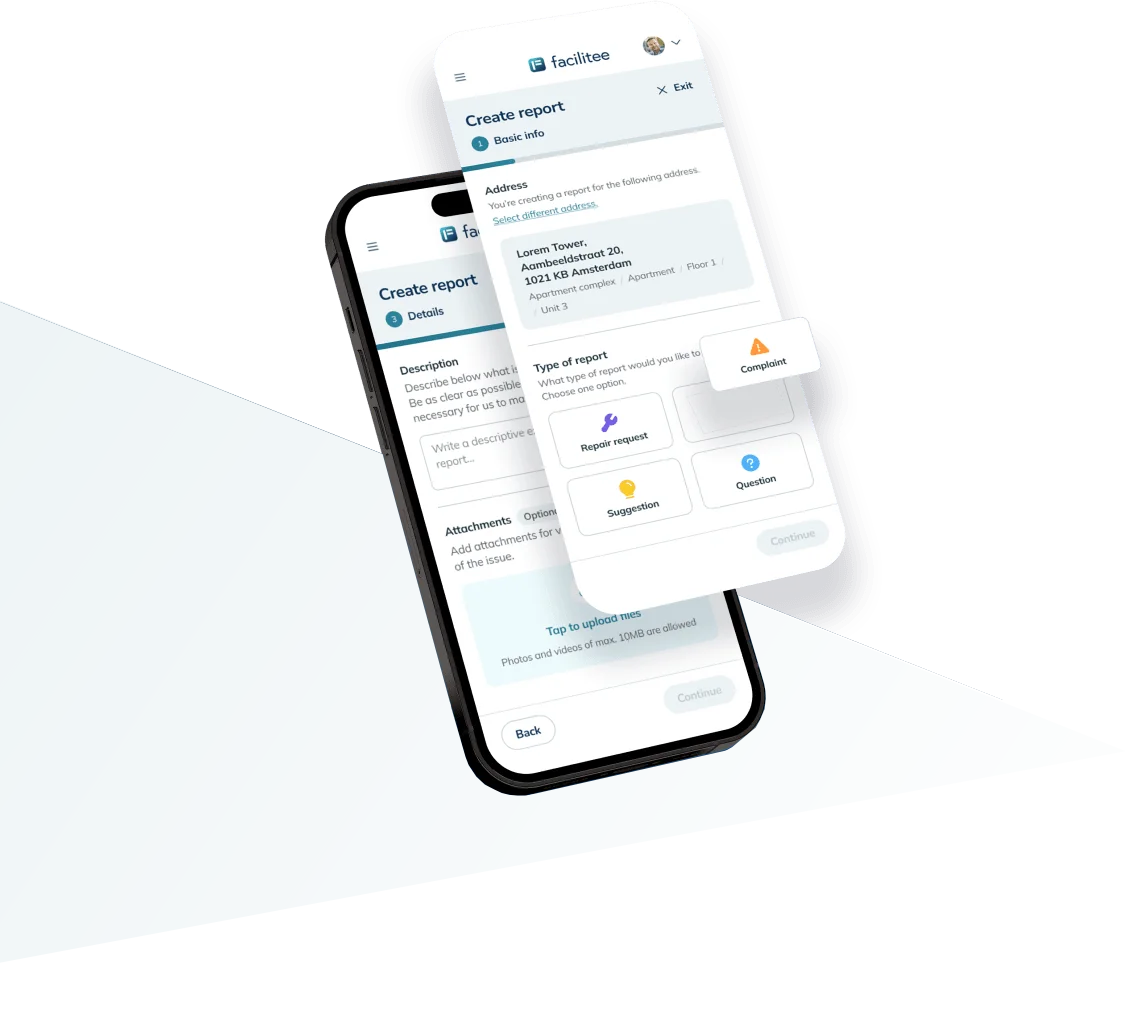The communication of two or more interconnected apps is more important than ever, as it doesn’t only add up to the efficiency of the app in question but it also saves plenty of time. If there is something that the Fourth Industrial Revolution brought us, it’s the ability to efficiently share enormous amounts of data in a matter of seconds across various departments and platforms. Thanks to the Application Programming Interface (API), this feature is possible, which serves like a door or a window in a software program, allowing other programs to connect and interact easily without a developer manually sharing the code. This being said, APIs must be used to connect all our software suppliers in the XXI century and make up for a seamless experience for everyone who uses our product or application. But what is API in its essence, and what are the benefits of using it?
What is API?
APIs are all around us, even though we might not realize it. They are in every single application that we use, and it’s because of them that we find these particular applications handy. APIs, shortened from Application Programming Interfaces, are needed to connect apps to perform a designed function and share data.
We can use the example of a property management app for real estate owners such as Facilitee to explain how an API functions and why it’s essential. If you are not familiar with how Facilitee works, we suggest you look at this video to give you a picture of how we operate. Let’s say you are renting out 5.000 apartments or managing them. If you are using bookkeeping software where you register if the monthly rent is paid, Facilitee will be able to display all paid rent from your bookkeeping software in Facilitee, giving you an instant overview of who has paid or who still needs to pay. Another example would be a connection with commercial management software where if an apartment would be set to vacant in Facilitee, the commercial management software would know instantly that this apartment is ready to be published on rental platforms.

There are two types of API that we should mention:
Open API
The open API is also known as public API, and it’s made publicly available to software developers. These APIs are published and shared freely, and the owner of a network-accessible service can give universal access to all the customers. One of the most prominent benefits of an open API is that it can be easily consumed and accessed by as many clients as possible. This is why Facilitee, which uses Open API, can connect many handymen and other professionals to the application.
REST API and SOAP API
REST and SOAP APIs are the most common open API architectures. While both invoke the same web service, SOAP APIs use XML as a data exchange format, while REST APIs typically use JSON.
REST is an architectural style. If your back-end developer makes client-side requests, then it’s said that your client is RESTful. REST APIs also heavily rely on HTTP. However, dealing with RESTful APIs is not that simple – many developers worldwide still don’t deal with REST design architecture correctly.
The general benefits of APIs
But apart from keeping the communication between two or more interconnected apps afloat, APIs have other benefits. Understanding these benefits allows any business to modernize its systems and unlock the sizable potential. These are the most prominent API benefits:
Efficiency: API access will allow the content and the data to be created once and automatically published on various channels. This means that the information flow is faster and thus more efficient.
Wider reach: The distribution of services has been very different thanks to APIs, which results in a broader reach for your business. Your business information can, thanks to APIs, be found on other websites that your business is connected with.
Automation: Automation is one of the most essential benefits of APIs, as it allows machines to handle the workload that would otherwise require human labour. This varies from simple tasks such as content update to something more significant.
Integration: APIs will allow you to embed your content throughout websites and applications much easier.
Future-Ready: Technology changes by the day, so it’s a massive benefit that APIS are here to help support unanticipated future uses. Thanks to its nature, APIs can support faster and more accessible data migration in case of a need. Apart from that, it can also improve data quality review and cleanup.

Why connect your software suppliers via API?
Let’s take the example of Facilitee, the property management app for owners and real estate management companies.. If a property owner wants to stay on top of his property, he has to think about plenty of different things, including the handymen doing the work, passing the information from the tenant to the handyman, etc. This means that they will, for each task, use different systems. This is not only quite user-unfriendly as it requires the usage of more platforms for the same things, but it’s also very time-consuming. Just imagine having to retype your address every time.
Facilitee, for example, communicates with different people and applications through the same platform. It is essential to mention that five different app versions are aimed towards different people using the app: the administration (doing the set-up), property manager, property owner, services, and the user (or the tenant). Logically, each person’s need for this property management app differs, which is why their app versions slightly differ. However, to keep everything as smooth as possible, all of the apps are connected via APIs. Apart from that, other suppliers and apps are also connected, such as your bank account. With the help of such APIs, you can trace the payment in real-time.
Apart from that, these are another 4 reasons why connecting your software suppliers via API is important:
Synchronizing data: All of the data is synchronized, which is a huge plus for businesses. Data synchronization prevents data conflicts, which can very often lead to low-quality data. Synchronized data equals reliable data.
Avoiding mistakes: One of the features of the new industrial revolution is avoiding simple human errors at work, which happens thanks to API automation.
Efficiency: The most significant advantage of connecting software through APIs probably lies in their efficiency and ability to connect internal end-users, suppliers, and partners. The time-saving capabilities of automated interface programs can give your company or business a huge potential – all of the information that needs to be shared will be done in a matter of seconds.
Conclusion
Today, APIs are a necessity for any modern IT company or enterprise. It’s not the question of whether you need a rest API, but how many your business needs. Connecting all your software suppliers through APIs will not only cater for a much more effective and better service or product, but it will also save plenty of time and resources.

